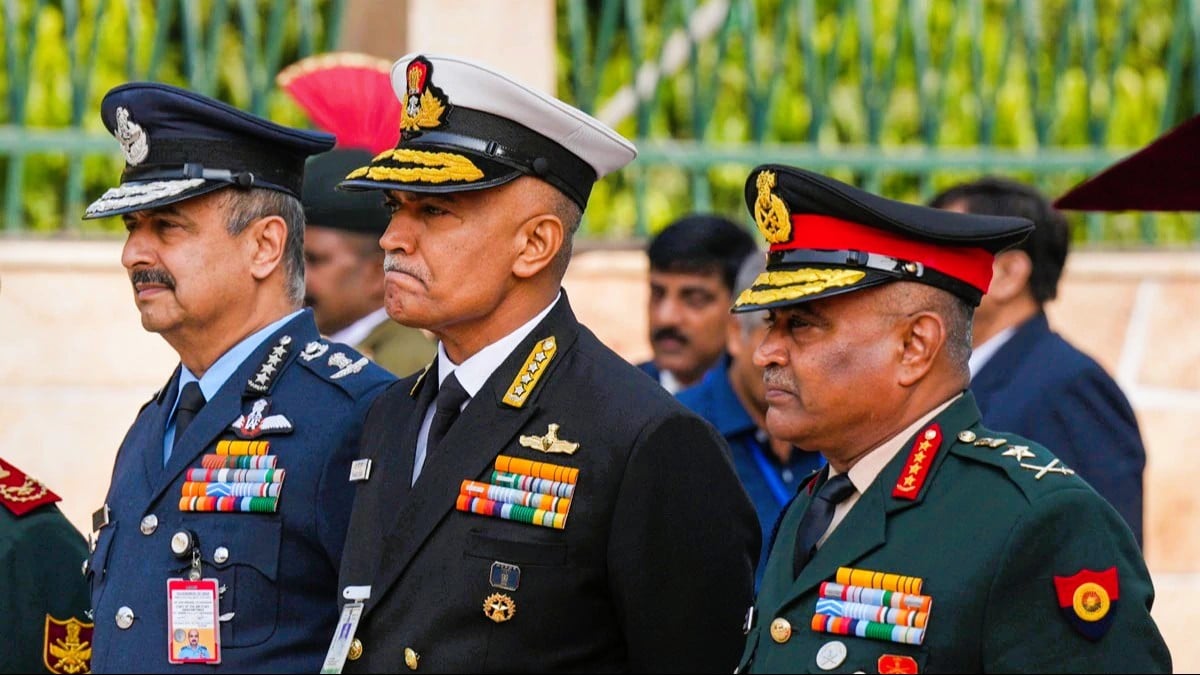The announcement of the 8th Pay Commission in India marks a significant milestone in the ongoing evolution of salary structures for central government employees. With the new commission set for implementation on January 1, 2026, it’s crucial to understand the historical context and the anticipated salary adjustments that will impact millions of government workers.
This article delves into the trajectory of salary increases from the 1st to the 7th Pay Commission, examining key features, impacts, and what the future holds under the 8th Pay Commission.
Understanding the Pay Commission System
The Pay Commission system in India has been instrumental in determining the compensation structure for government employees. Each commission is tasked with reviewing the existing pay scales and recommending adjustments based on various factors such as cost of living, inflation, and the economic climate. The overarching goal is to ensure fair compensation while maintaining fiscal responsibility.
The Role of Pay Commissions
- Assessment of Salary Structures: Each Pay Commission evaluates the current salary structures and suggests revisions to ensure they are competitive and equitable.
- Balancing Employee Welfare and Government Finances: Recommendations aim to improve the financial well-being of employees without straining the government’s budget.
- Adapting to Economic Changes: Pay Commissions take into account inflation rates and changes in the cost of living, ensuring that salaries remain relevant over time.
A Historical Overview of Pay Commissions
The journey of salary revisions for central government employees began in 1947 with the establishment of the 1st Pay Commission. Each subsequent commission has brought about notable changes in salary structures, allowances, and overall employee benefits.
The 1st Pay Commission (1946)
- Implementation Year: 1947
- Minimum Salary: Set at ₹55 per month
- Key Features: This commission focused on improving the living standards of employees, establishing an equitable pay structure.
- Impact: Although it addressed immediate post-independence challenges, it highlighted the need for a better salary framework for lower-income groups.
The 2nd Pay Commission (1957)
- Implementation Year: 1959
- Minimum Salary: Increased to ₹80 per month
- Key Features: Aimed to reduce wage disparities and introduced provisions for family allowances.
- Impact: Enhanced financial security for employees, reflecting the economic challenges of the 1950s.
The 3rd Pay Commission (1970)
- Implementation Year: 1973
- Minimum Salary: Raised to ₹185 per month
- Key Features: Introduced dearness allowance (DA) to mitigate inflation’s effects and focused on pay parity among various employee groups.
- Impact: The introduction of DA was pivotal, ensuring salaries adjusted with inflation.
The 4th Pay Commission (1983)
- Implementation Year: 1986
- Minimum Salary: Increased to ₹750 per month
- Key Features: A comprehensive restructuring of pay scales and recommendations for enhanced housing and travel allowances.
- Impact: Addressed inflation effectively, improving employee satisfaction, although implementation faced delays.
The 5th Pay Commission (1994)
- Implementation Year: 1997
- Minimum Salary: Raised to ₹2,550 per month
- Key Features: Merged 50% of DA with basic pay for financial stability and focused on employee welfare schemes.
- Impact: Significant salary increases improved purchasing power but led to increased financial strain on government resources.
The 6th Pay Commission (2006)
- Implementation Year: 2008
- Minimum Salary: Increased to ₹7,000 per month
- Key Features: Introduced the Pay Band and Grade Pay system, emphasizing performance-based incentives.
- Impact: Simplified salary structures, providing clarity on career progression, although implementation faced criticism for delays.
The 7th Pay Commission (2013)
- Implementation Year: 2016
- Minimum Salary: Raised to ₹18,000 per month
- Key Features: Removed the Pay Band and Grade Pay system, replacing it with a Pay Matrix. DA rates were revised biannually, and pension benefits were improved.
- Impact: Enhanced overall compensation for employees, with a focus on financial security.
Expectations from the 8th Pay Commission
As we look ahead to the 8th Pay Commission, expectations are high among central government employees. Based on preliminary reports, significant salary hikes are anticipated.
Projected Salary Increases
- Minimum Basic Pay: Expected to rise from ₹18,000 to over ₹51,000 per month.
- Fitment Factor: Anticipated to increase from 2.57 (under the 7th Pay Commission) to 2.86, potentially translating into a 186% increase in basic pay.
Key Recommendations Expected
- Enhanced Allowances: Adjustments in various allowances to reflect the rising cost of living.
- Focus on Employee Welfare: Continued emphasis on improving pension benefits and job security.
The Impact of Salary Revisions
The adjustments made by each Pay Commission have far-reaching implications for the lives of government employees and their families. Understanding these impacts is essential for grasping the significance of the upcoming 8th Pay Commission.
Economic Implications
- Increased Purchasing Power: Higher salaries directly translate to improved purchasing power, allowing employees to better meet their daily needs.
- Boost to the Economy: Increased spending by government employees can stimulate local economies, benefiting businesses and services.
Social Implications
- Improved Living Standards: Enhanced salaries contribute to better living conditions and quality of life for employees and their families.
- Job Satisfaction: Fair compensation is a crucial factor in employee morale and job satisfaction, leading to improved productivity.
Challenges Ahead
While the anticipation for the 8th Pay Commission is palpable, it is essential to acknowledge the challenges that may arise in its implementation.
Financial Constraints
- Budgetary Pressures: The government must balance employee demands with fiscal responsibility, ensuring that salary hikes do not lead to unsustainable financial burdens.
- Inflation Management: Continuous monitoring of inflation rates is necessary to ensure that salary adjustments are in line with economic realities.
Implementation Concerns
- Timely Execution: Delays in implementing recommendations can lead to dissatisfaction among employees.
- Equitable Distribution: Ensuring that the benefits of salary hikes reach all levels of employees, including those in lower pay brackets, is crucial.
The journey through the various Pay Commissions reflects the evolving landscape of compensation for central government employees in India. With the 8th Pay Commission on the horizon, there is a significant opportunity for meaningful salary revisions that can enhance the quality of life for millions. As we await the official recommendations and implementation, it is crucial to remain informed and engaged in discussions surrounding these changes.
FAQs
What is the 8th Pay Commission?
The 8th Pay Commission is a body established by the Indian government to review and recommend salary adjustments for central government employees.
When will the 8th Pay Commission be implemented?
The 8th Pay Commission is expected to be implemented on January 1, 2026.
How much is the expected salary increase under the 8th Pay Commission?
The minimum basic pay is projected to increase from ₹18,000 to over ₹51,000 per month.
What are the key features of the 8th Pay Commission?
Key features are expected to include enhanced allowances and a continued focus on employee welfare and pension benefits.
Why are Pay Commissions important?
Pay Commissions are essential for ensuring fair compensation for government employees, adapting to economic changes, and maintaining employee satisfaction and morale.













